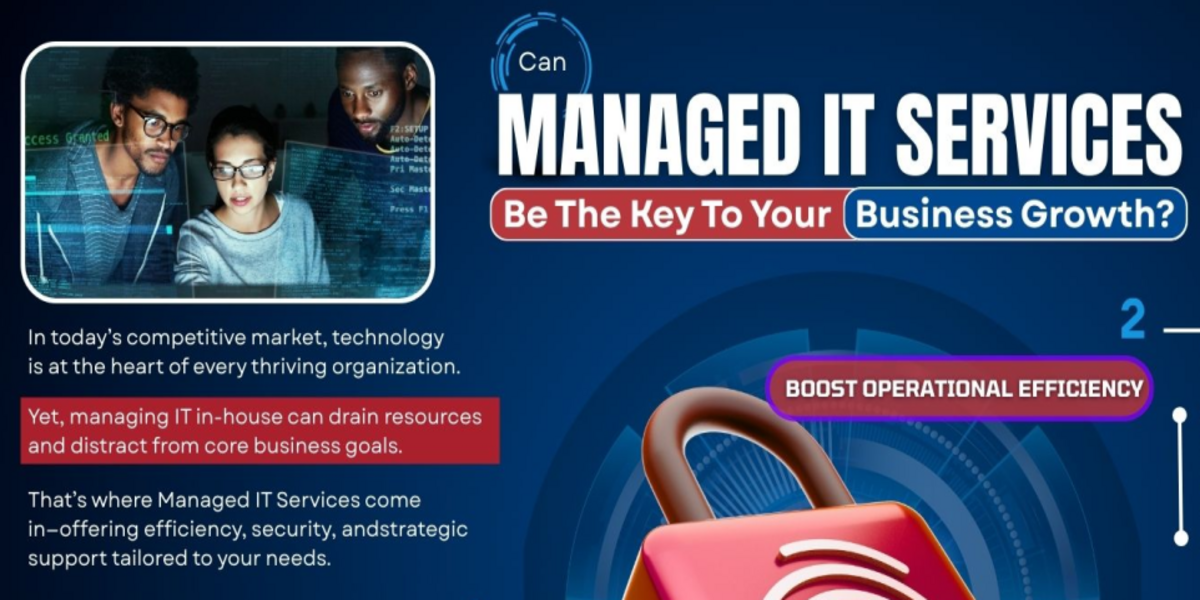The adoption of cloud computing has become a cornerstone for businesses aiming to enhance efficiency, scalability, and innovation. However, to make the most of cloud solutions for businesses, it is essential to understand the different cloud models and what to look for in the cloud model you’re going to employ.
Keep reading to learn everything you need to know about cloud solutions for businesses before making an informed decision.
Understanding Cloud Solutions for Businesses

Cloud solutions for businesses offer a variety of services over the internet, ranging from data storage and processing to software deployment and management. These solutions provide significant advantages, such as cost savings, flexibility, and the ability to scale operations quickly.
However, the key to reaping these benefits lies in choosing the right type of cloud deployment model for your specific needs.
Public Cloud
The public cloud is the most common type of cloud solution. It involves services provided over the public internet by third-party providers, such as Amazon Web Services (AWS), Microsoft Azure, and Google Cloud Platform.
Advantages:
- Cost Efficiency: Public cloud services are typically offered on a pay-as-you-go basis, eliminating the need for significant upfront investments in hardware.
- Scalability: Easily scale resources up or down based on demand, making it ideal for businesses with fluctuating workloads.
- Accessibility: Access services from anywhere with an internet connection, facilitating remote work and collaboration.
Considerations:
- Security: While public cloud providers invest heavily in security, data is stored on shared infrastructure, which might raise concerns for businesses with stringent compliance requirements.
- Control: Limited control over the infrastructure and underlying hardware, which might be a drawback for some enterprises.
Private Cloud
A private cloud is dedicated to a single organization, either hosted on-premises or by a third-party provider. It offers many of the benefits of cloud computing but within a more controlled environment.
Advantages:
- Security: Enhanced security and privacy as resources are dedicated solely to your organization.
- Control: Greater control over the infrastructure, which can be customized to meet specific business requirements.
- Compliance: Easier to meet regulatory and compliance requirements, making it ideal for industries like finance and healthcare.
Considerations:
- Cost: Higher costs compared to public clouds due to the need for dedicated hardware and maintenance.
- Scalability: While scalable, it might not match the near-infinite scalability of public clouds.
Hybrid Cloud
A hybrid cloud combines elements of both public and private clouds, offering a balanced approach. It allows businesses to run critical workloads in the private cloud while leveraging the public cloud for less sensitive operations and peak workloads.
Advantages:
- Flexibility: Provides the flexibility to choose the optimal environment for each workload.
- Cost-Effective: Balance cost and performance by running different operations on appropriate platforms.
- Resilience: Enhanced disaster recovery and business continuity options by spreading operations across multiple environments.
Considerations:
- Complexity: Managing a hybrid environment can be complex, requiring robust integration and management tools.
- Security: Ensuring consistent security across both public and private clouds can be challenging.
Recommended Read: Impact of Cloud ERP on Business’ Growth and Scalability
Factors to Consider When Choosing Cloud Solutions for Businesses

Selecting the right cloud solution requires a thorough analysis of various factors:
1. Business Needs and Objectives
Understand your business goals and how cloud solutions for businesses can help achieve them. Are you looking to improve scalability, enhance security, or reduce costs? Your objectives will guide your choice of cloud model.
2. Workload Characteristics
Evaluate the nature of your workloads. For example, mission-critical applications with stringent security requirements might be better suited for a private cloud, while variable workloads with less sensitivity can benefit from the public cloud.
Recommended Read: Simplifying Your Workflow With Cloud ERP Solution
3. Security and Compliance
Consider the security and compliance needs of your business. Industries with strict regulations, such as healthcare and finance, may require private or hybrid cloud solutions to ensure data protection and compliance with laws like GDPR or HIPAA.
4. Cost Management
Analyze the cost implications of each cloud model. While public clouds offer cost savings through a pay-as-you-go model, private clouds involve higher initial investments but can be more cost-effective in the long run for stable, predictable workloads.
5. Scalability Requirements
Determine your scalability needs. If your business experiences seasonal peaks or rapid growth, the elasticity of public clouds can provide the necessary scalability without over-provisioning resources.
6. Partner With Experts
Partnering with a managed IT services provider can simplify your cloud journey. A trusted provider like Microsys can offer expert guidance, handle infrastructure management, and ensure your cloud environment aligns with your business goals.

At Microsys, we specialize in helping businesses navigate the complexities of cloud computing. As a leading managed IT services provider, we offer tailored cloud solutions that align with your unique needs and objectives.
Plus, we offer comprehensive cyber security services to safeguard your cloud environment against threats. From implementing robust security measures to continuous monitoring and threat mitigation, we ensure your data remains protected.
If you’re ready to explore the potential of cloud solutions for businesses with Microsys for enhanced efficiency, security, and innovation, contact us today!



